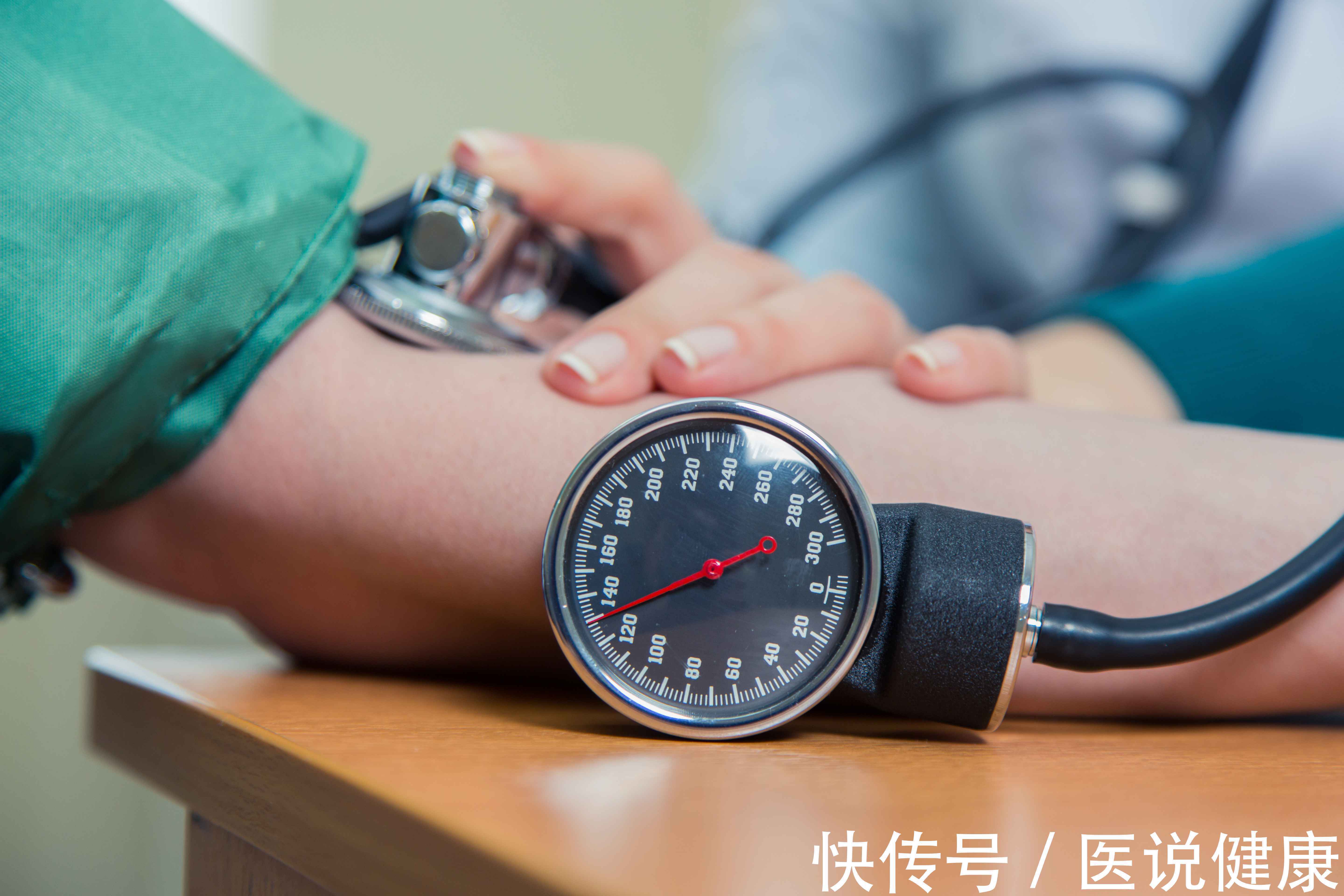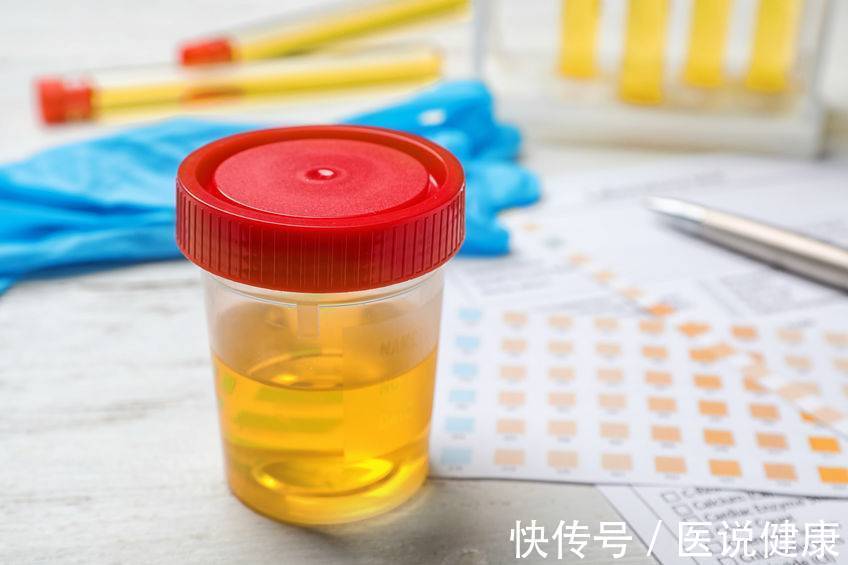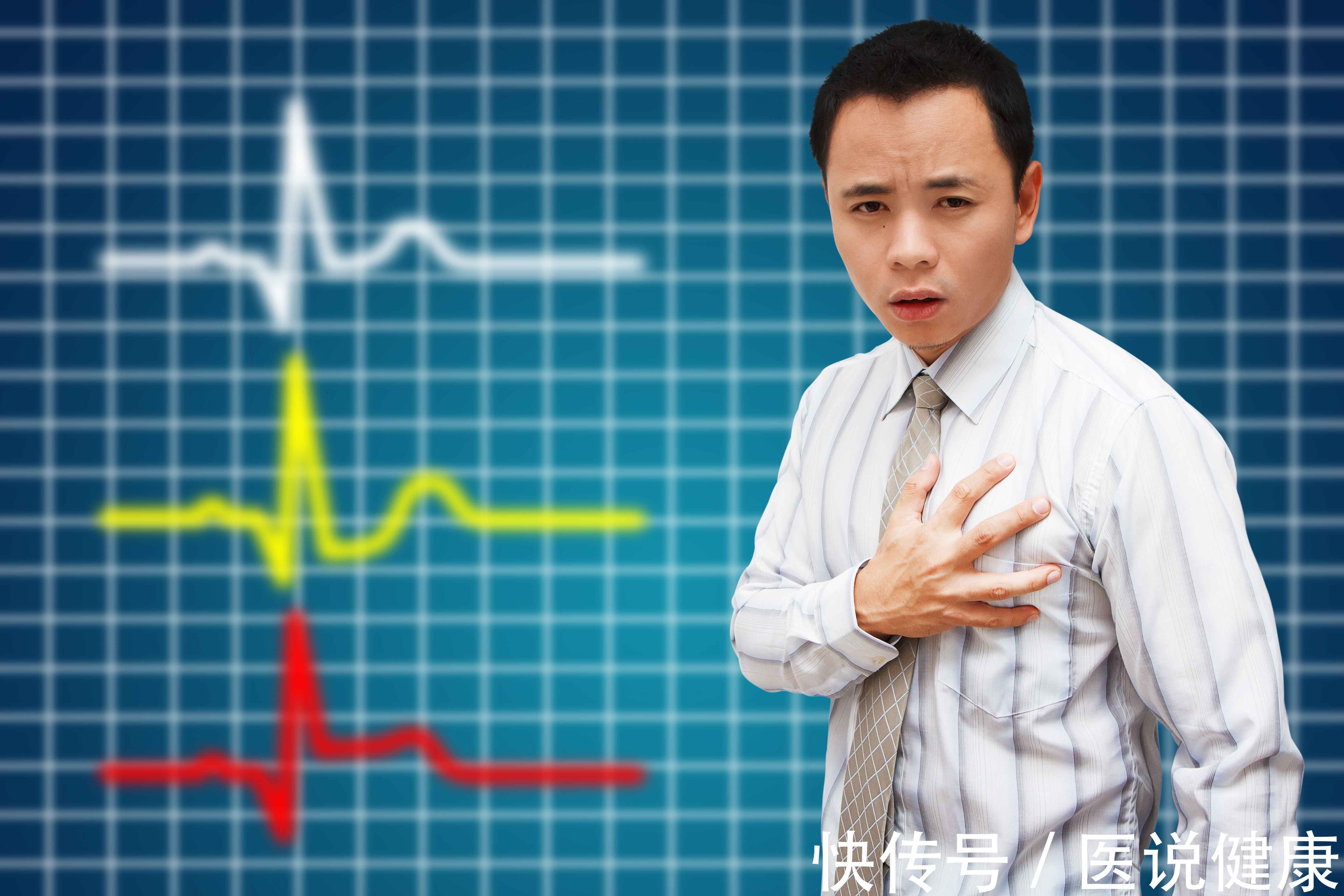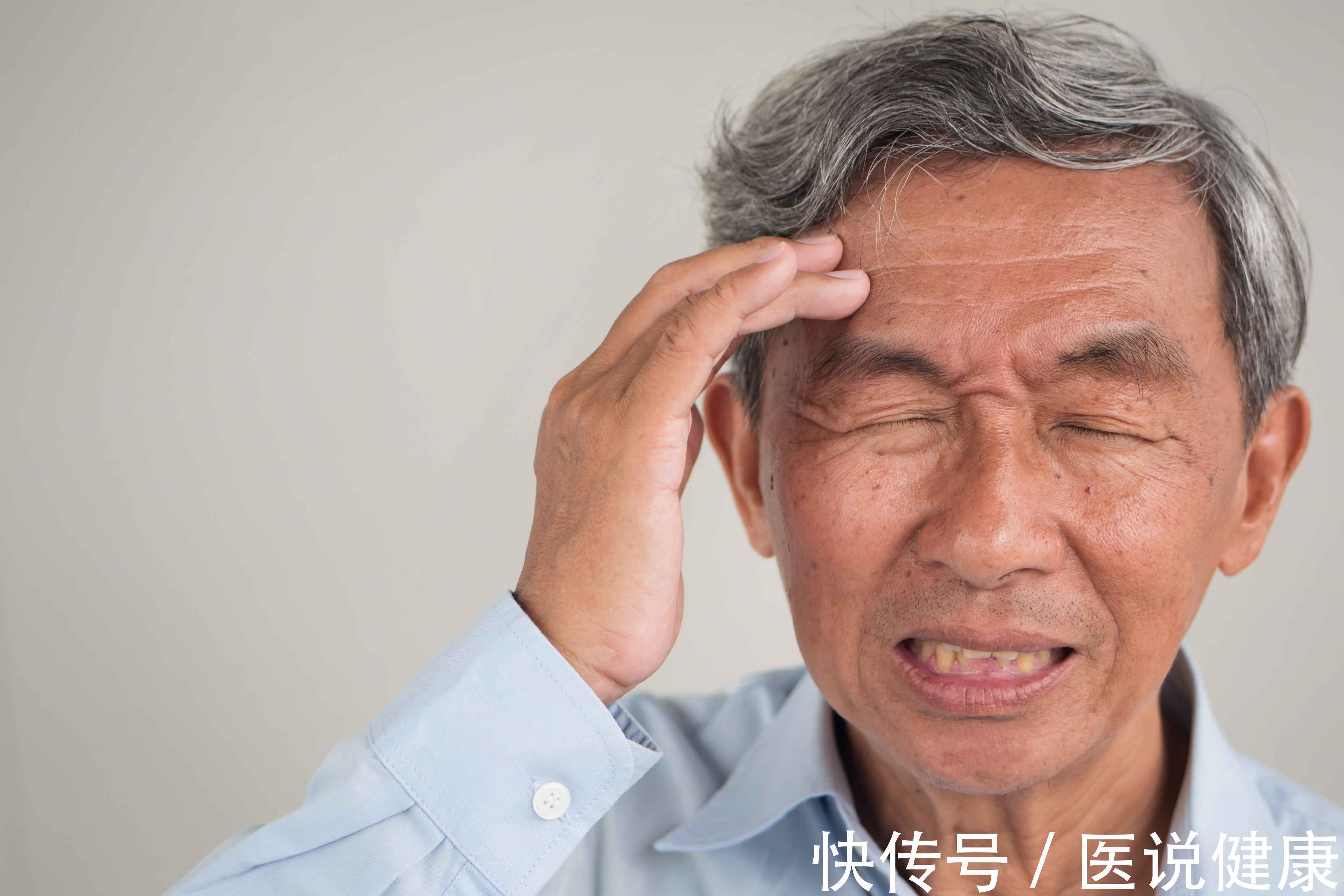In China, about 300 million adults suffer from hypertension, and more than 90~95% of these patients have primary hypertension.
The so-called primary hypertensive disease refers to an independent disease based on the current medical level, and the exact cause of blood pressure elevation cannot be fully identified. related.

Because the etiology is not completely clear, it is not completely cured clinically. approach to developing hypertension.
After diagnosis, patients can only rely on antihypertensive drugs to control the development of the disease, and their drug use is a long-term or even life-long process.
Different types of antihypertensive drugs have different mechanisms of action, half-life and side effects.

Yes, although antihypertensive drugs have undergone many years of research and animal experiments , and clinical trials, but many antihypertensive drugs have side effects.
And different patients may have differences in the performance and severity of side effects after taking the drug. Therefore, in the process of medication, patients also need to pay attention to observe various changes in the body.
If the following four abnormalities occur, you should be alert and seek medical attention if necessary:

1. Changes in urine volume: Diuretics are the earliest antihypertensive drugs, which are produced and excreted in urine to maintain water and sodium balance and stabilize effect of blood pressure.
Initially taking diuretics does show symptoms of increased urine output, and it goes away after a few weeks of continued use.
However, if there has been a recent persistent increase in urine output, especially more frequent nocturia and more than 3-5 urinations, this may It is the signal of kidney damage;

2. Muscle weakness: if Symptoms such as weakness of both lower limbs, worsening appetite, and even confusion have recently appeared, which are likely signals of severe hypotension and hyponatremia.
These symptoms are often associated with taking diuretics or compound antihypertensive drugs containing diuretics, such as hydrochlorothiazide, indapamide, etc..
In severe cases, patients may even have palpitation, shortness of breath, impaired glucose tolerance and other problems, and need to be vigilant;

3. Abnormal heart rate: The so-called heart rate refers to the number of heartbeats per minute for a normal person in a quiet state. Usually, the heart rate of adults is around 60~100 beats, and there are many individual differences due to the influence of age, gender and physiological factors.
In general, the younger you are, the faster your heart rate will be. However, if hypertensive disease has already occurred, and you are taking beta-blockers for empty blood pressure treatment, such as metoprolol, bisoprolol, atenolol and other drugs, heart rate may occur Symptoms that are too slow require timely medical consultation;

4. Headache: There are three main reasons for headaches in hypertensive patients. The first is taking short-acting antihypertensive drugs. In the early stage of taking, there will be dizziness and headache. and other symptoms.
Second, after a period of medication, the blood pressure was not effectively controlled, and there was a persistent increase in blood pressure, resulting in vasospasm headaches.
Thirdly, the development of hypertension is combined with cerebrovascular disease, such as hemorrhagic stroke, ischemic stroke after the onset of the disease, Affected by blood circulation disorders, increased intracranial pressure, etc., it will cause severe, unbearable headaches.

All in all, different types of antihypertensive drugs have different side effects, and there are differences in the severity of side effects in different patients. Hypertension itself can easily lead to various complications.
Therefore, patients In the process of taking the medicine, you should be vigilant and pay more attention to the physical changes. Once there is persistent discomfort, it is necessary to seek medical examination in time.